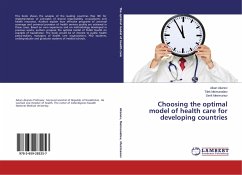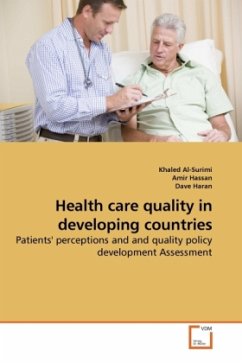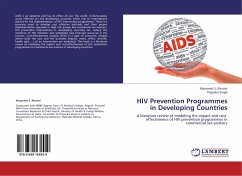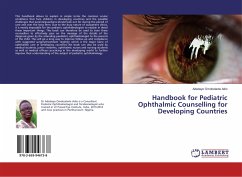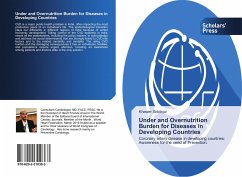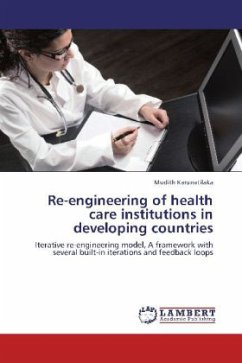
Re-engineering of health care institutions in developing countries
Iterative re-engineering model, A framework with several built-in iterations and feedback loops
Versandkostenfrei!
Versandfertig in 6-10 Tagen
39,99 €
inkl. MwSt.

PAYBACK Punkte
20 °P sammeln!
The acquisition costs of advanced total software solutions are too high and most such solutions are not tailored for the specific needs of health care institutions in developing countries, and they continue to be challenged, in trying to overcome these barriers. In this book, the authors formulated a well-structured and iteratively applicable framework to re-engineer the processes in health care institutions. The proposed framework, defines a methodology to perform a detailed analysis of the existing workflows, in a small clinical unit and to then re-engineer, those process-level as well as po...
The acquisition costs of advanced total software solutions are too high and most such solutions are not tailored for the specific needs of health care institutions in developing countries, and they continue to be challenged, in trying to overcome these barriers. In this book, the authors formulated a well-structured and iteratively applicable framework to re-engineer the processes in health care institutions. The proposed framework, defines a methodology to perform a detailed analysis of the existing workflows, in a small clinical unit and to then re-engineer, those process-level as well as policy-level workflows. The proposed framework can be executed with minimal resources. Furthermore, since the framework was conceptualized and designed with several built-in iterations and feedback loops, the final e-health solutions are likely to be more accurate, more timely, more cost-effective and more relevant to the local contexts than existing software solutions that are in use worldwide. Thus, this proposed framework maybe helpful for other developing countries with similar health care sector limitations to achieve their e-health goals without undue delay and cost.



